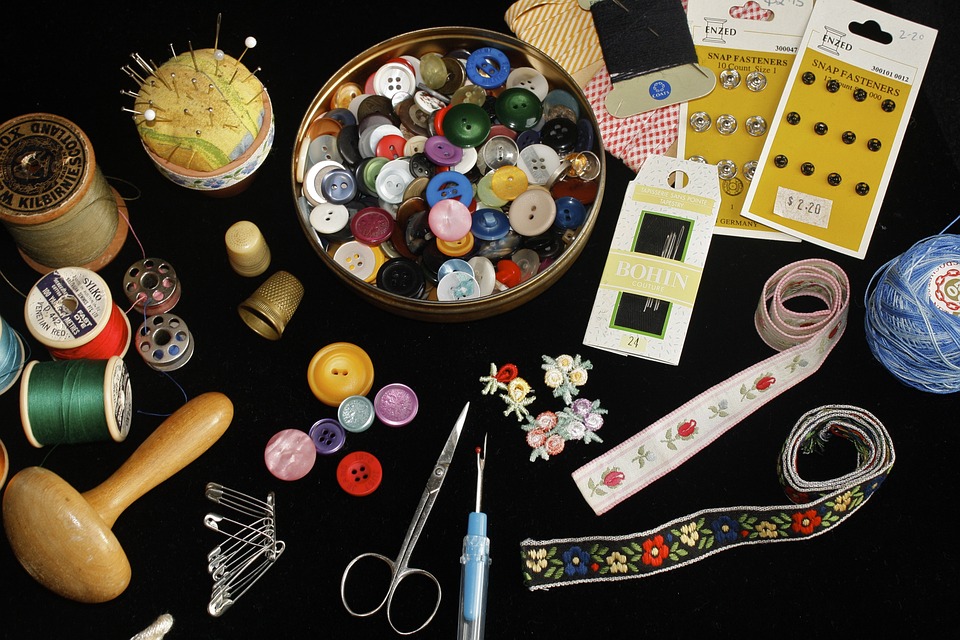In today’s fast-paced and stress-filled world, it’s becoming increasingly important to find healthy outlets for relaxation and self-care. One surprising activity that has gained recognition for its therapeutic benefits is needlework, commonly known as thread therapy. From knitting and crocheting to embroidery and cross-stitch, engaging in needlework can be an effective way to unwind and improve overall mental well-being.
One of the primary advantages of thread therapy is its ability to induce a state of mindfulness. Focusing on the rhythmic movements of the needle, the repetitive motions, and the intricate patterns can divert attention away from stressful thoughts and create a sense of calm. This mindful engagement in needlework has been found to reduce anxiety levels and promote relaxation. As a result, it can be particularly beneficial for individuals struggling with conditions such as depression, anxiety disorders, and even post-traumatic stress disorder (PTSD).
In addition to promoting mindfulness, thread therapy offers a sense of achievement and boosts self-esteem. Watching your piece gradually take shape, be it a knitted scarf or an embroidered design, provides a great sense of accomplishment. This can increase self-confidence, empowering individuals to take on new challenges and overcome insecurities. Seeing tangible progress in their work can also reinforce a positive mindset, serving as a reminder of their abilities and strengths.
Moreover, engaging in needlework has been linked to enhanced cognitive functioning. The complex patterns and stitches involved require mental focus, thereby sharpening attention and concentration skills. This can be particularly valuable for individuals looking to improve their memory and cognitive abilities, including those affected by aging-related cognitive decline. By challenging the brain, thread therapy can effectively stimulate neural connections and improve overall cognitive performance.
Besides the cognitive benefits, needlework has been found to have an impact on physical health as well. The fine motor skills required for tasks such as knitting or embroidery help in the coordination and dexterity of the hands. This can be especially beneficial for individuals recovering from injuries or suffering from conditions such as arthritis. Engaging in thread therapy can help maintain and improve hand-eye coordination and fine motor skills.
Furthermore, thread therapy has a social aspect that can positively impact mental well-being. Joining knitting or sewing groups, attending workshops or classes, or even participating in online forums and communities dedicated to needlework can foster a sense of camaraderie and connection. Sharing skills, exchanging ideas, and creating friendships with like-minded individuals can alleviate feelings of loneliness and isolation—boosting overall mental health and providing a sense of belonging.
In conclusion, the therapeutic benefits of needlework, or thread therapy, are numerous and diverse. From promoting mindfulness and relaxation to enhancing cognitive functioning and fostering social connections, engaging in needlework can have a profound effect on one’s mental well-being. So, why not pick up those needles or that embroidery hoop and discover the calming and rewarding world of thread therapy? Your mind, body, and soul will thank you for it.

